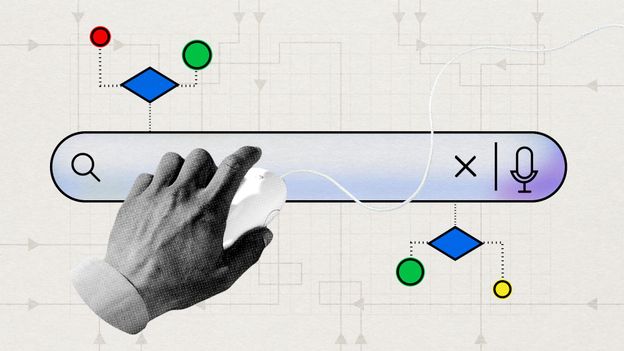Some experts say Google is just parroting your own beliefs right back to you. It may be worsening your own biases and deepening societal divides along the way.
[…]
“Google’s whole mission is to give people the information that they want, but sometimes the information that people think they want isn’t actually the most useful,” says Sarah Presch, digital marketing director at Dragon Metrics, a platform that helps companies tune their websites for better recognition from Google using methods known as “search engine optimisation” or SEO.
[…]
“> What Google has done is they’ve pulled bits out of the text based on what people are searching for and fed them what they want to read” – Sarah Presch



On the one hand, Google sucks. On the other hand, if people are unable to a) understand how those two snippets are not contradictory, and b) read at least one very short simplified-for-laymen Mayo Clinic article about the topic before thinking they’ve learned anything at all about medicine, it’s hard to see the problem as being primarily due to Google. There is something deeper, and worse, going wrong when people habitually take that kind of extreme shortcut to thinking that they know the right answer about almost anything, and it has little to do with whether any one-sentence snippets they’re given are biased or accurate.